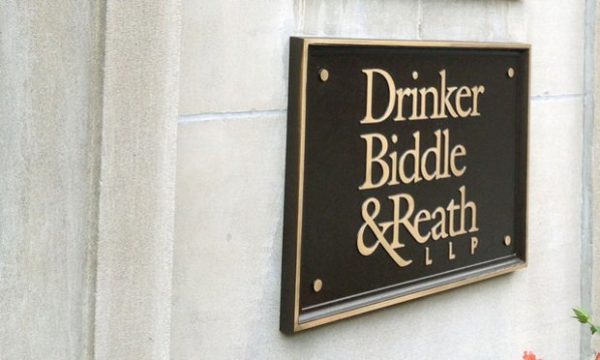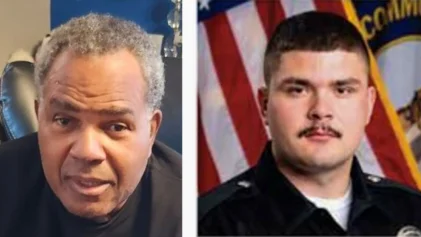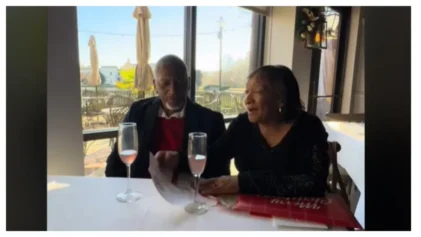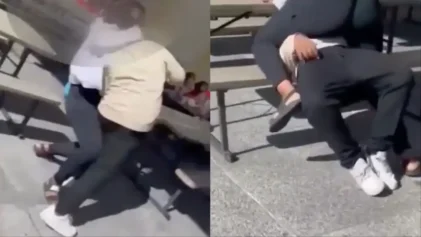Law firm Drinker Biddle & Reath has settled a discrimination lawsuit brought by a Black legal assistant who claimed she was underpaid because of her race and subjected to racist remarks by colleagues.
Syneetra Hill, who worked in the firm’s Princeton, New Jersey office, filed the complaint earlier this year and accused her former employers of creating a work environment that was hostile toward African-Americans. Her lawsuit was filed under New Jersey’s Law Against Discrimination and Equal Pay Act, according to Above the Law.

A lawsuit filed by a law clerk earlier this year accused Drinker Dibble and Reath of fostering a work environment that was hostile to its Black employees. (Photo by Diego M. Radzinschi/ALM)
On Thursday, the New Jersey Law Journal reported the case was dismissed with prejudice as part of a confidential settlement. Details of the agreement are unknown, however, Hill’s legal counsel indicated his client is pleased with the outcome. He added that Hill no longer works for Drinker Dibble.
“The matter is resolved,” lawyer Allan Schorr, told the newspaper.
In her complaint, Hill, who worked at the firm for 11 years, accused a former unnamed supervising attorney of displaying a collection of Confederate memorabilia throughout the office with no objection from the firm. She also claimed that Marsha Beidler, an attorney with the firm’s trusts and estates practice for whom Hill worked, referred to Hill as “our slave” in front of a client, court documents state.
Hill detailed one instance where Beidler allegedly told her to “read a good book” about how race-based segregation was actually beneficial to Blacks “because at least they could go to their own school colleges.” The suit goes on to claim that after seeing a photo of Hill’s baby son, Beidler remarked, “he should be ready to get a basketball in his hands.”
The law clerk said she complained about the racist behavior only for the firm to investigate and determine that Beidler meant no harm by her comments.
As detailed in the suit, Drinker Biddle told Hill that Beidler’s office would be moved and that she would be required to undergo sensitivity training. However, it was ultimately Hill who was forced to move offices while Beidler never completed the training.
“It was an important case and I’m glad it was resolved,” Schorr said.


